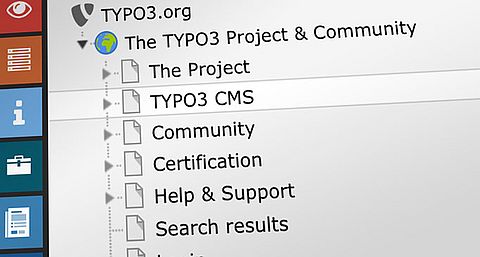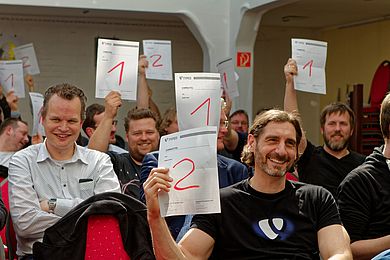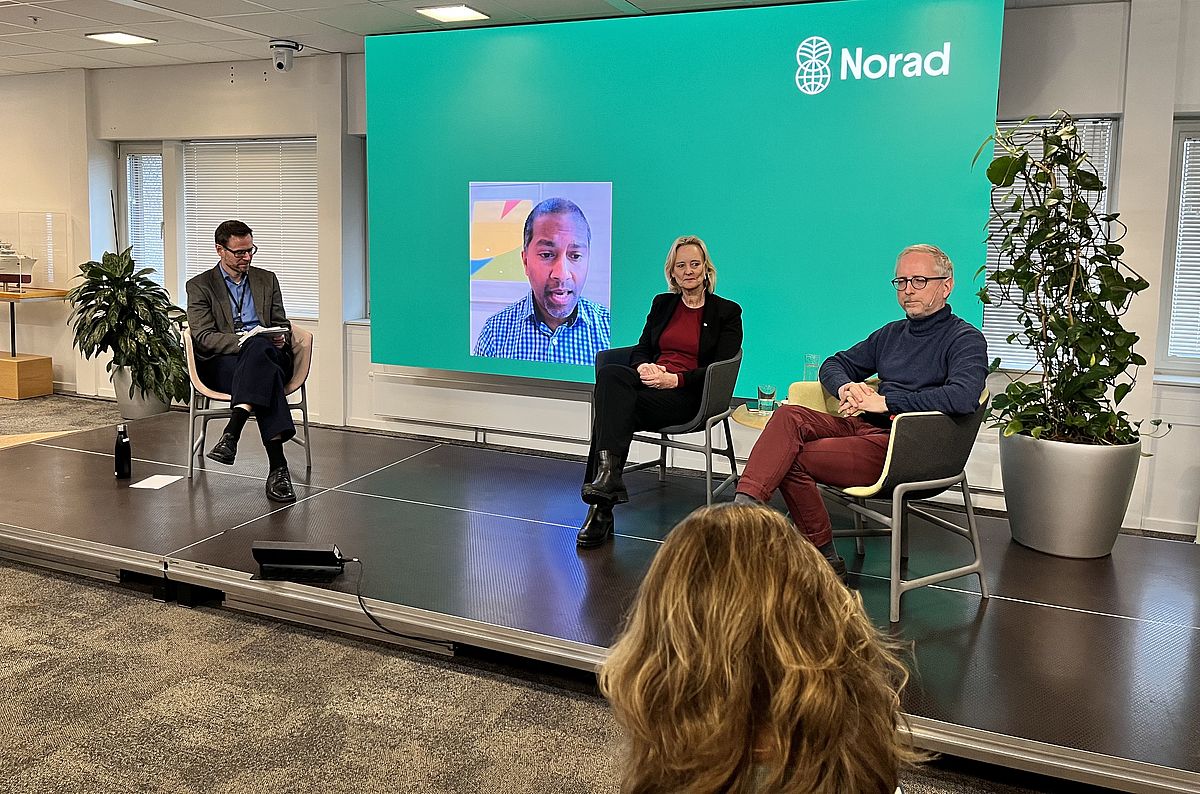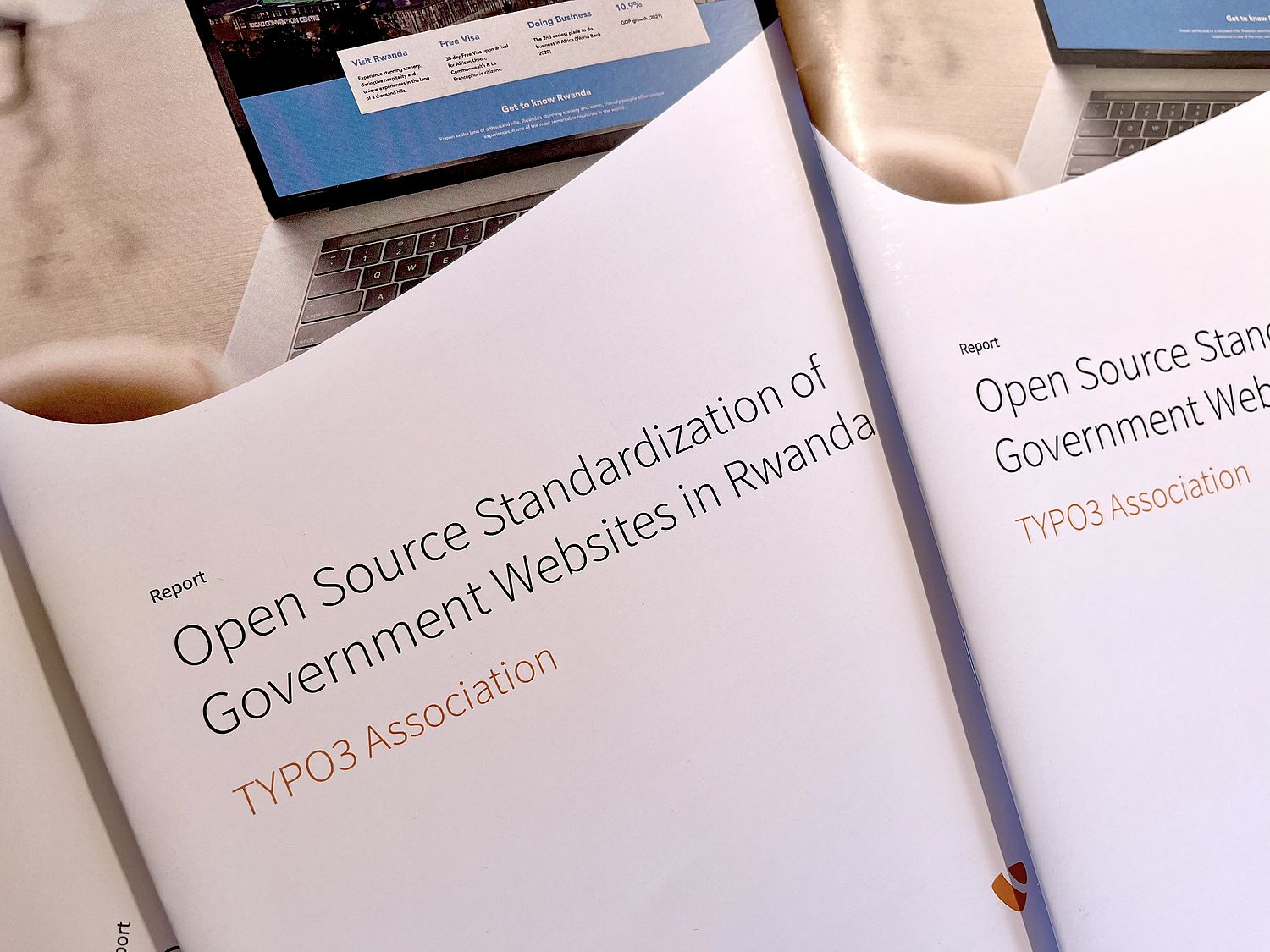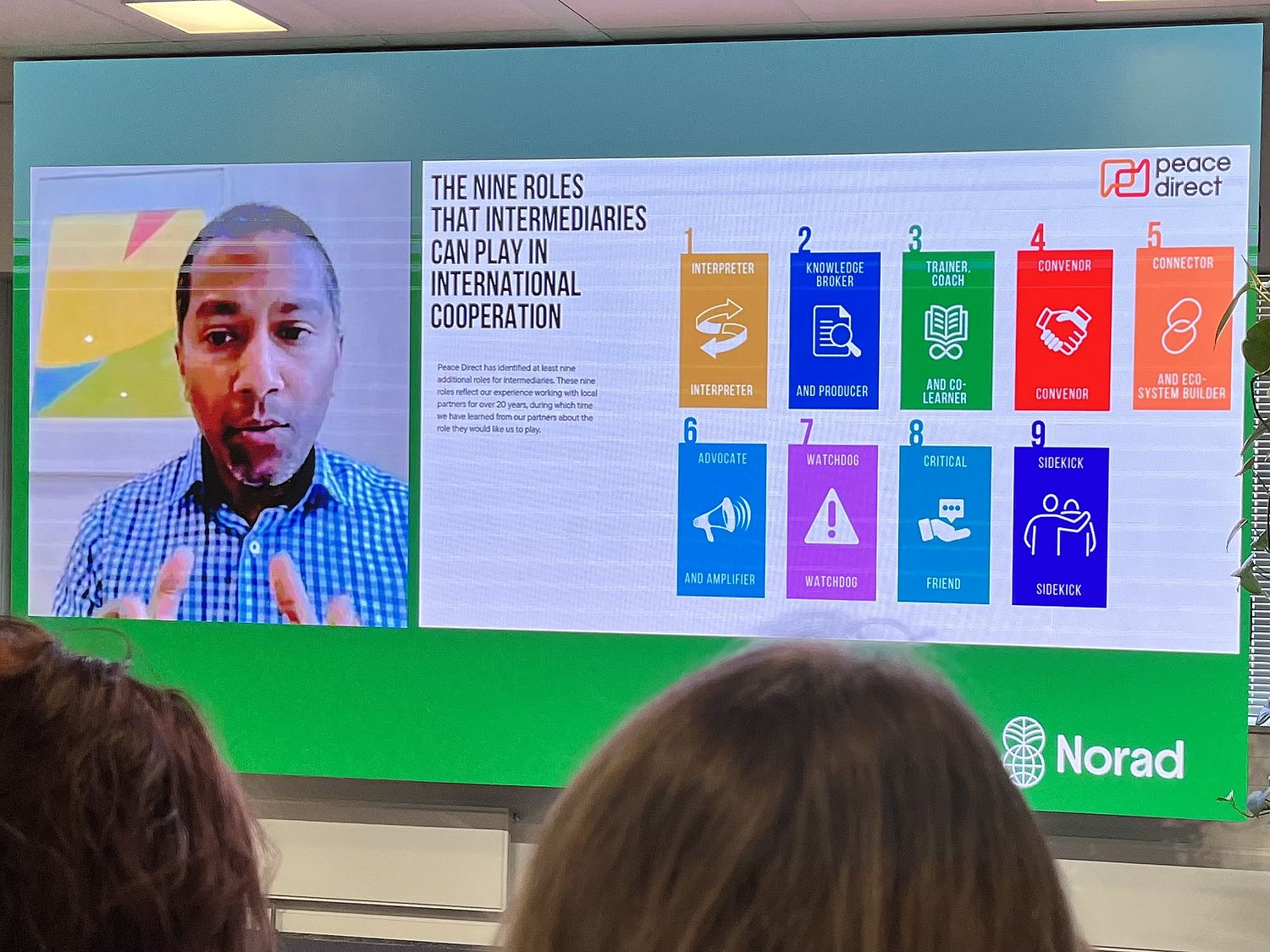In this article, I refer to international development cooperation as the collaborative efforts of countries, organizations, and institutions to work together to promote sustainable development and improve the quality of life for people in developing countries. Foreign aid is superficially similar, but in the international discourse development cooperation expresses a more balanced relationship.
Mathias Bolt Lesniak attended a Seminar on Locally Led Development in Civil Society Partnerships, in Oslo, Norway, 14th February 2023, as part of the Meet TYPO3 initiative. The seminar was organized by Norad, the Norwegian development cooperation corporation. Mathias is a member of the TYPO3 Association Board. See upcoming Meet TYPO3 events.
You might ask why I found myself amongst foundations and non-governmental organizations involved in development aid, but I think the TYPO3 Association has a role to play in this context.
Decolonizing Development Aid
After breakfast and an opening statement by state secretary Bjørg Sandkjær from the Norwegian Ministry of Foreign Affairs, the floor was given to Dylan Mathews, CEO of Peace Direct.
Peace Direct believes the international development sector needs radical reform. It has a history of being top-down and external. Dylan Mathews explained that it was not until the Black Lives Matter movement kicked off in 2020 that organizations started looking at themselves in a new light.
The international development sector must decolonize themselves and get rid of overt and structural racism because it reinforces inequities. The future is to take the ability of local partners seriously and work in equal partnerships.
The seminar continued with presentations of locally-led initiatives by Liv Kjølseth, the general secretary of the Norwegian Afghanistan Committee, and Kaj-Martin Georgsen, National Director CARE Norway. The seminar ended with a panel discussion featuring Dylan Mathews as well as Norad’s director general, Bård Vegar Solhjell, and general secretary of the Norwegian Red Cross, Anne Bergh.

